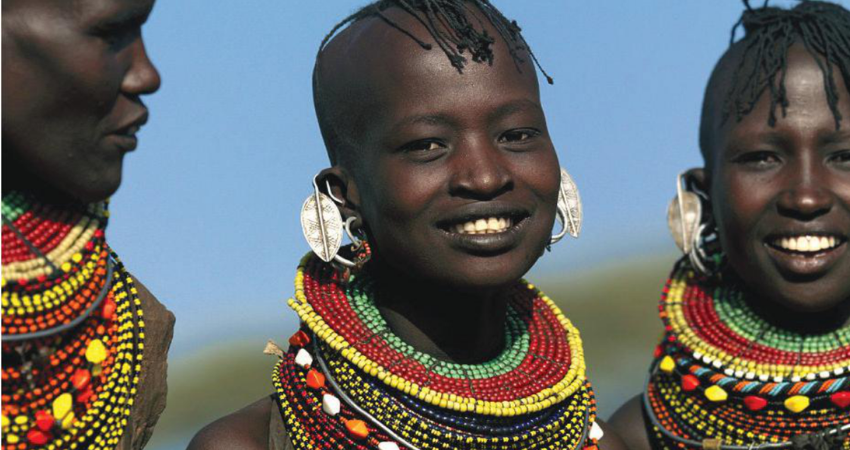

Bridging the social Economic inequalities Gaps
In Turkana County, there exists a significant socio-economic disparity that disproportionately affects vulnerable, marginalized, and pastoralist communities. Many individuals in this arid region struggle to access crucial resources and services due to limited awareness, educational opportunities, and financial constraints. To effectively address these inequalities, it is essential to implement proactive initiatives that prioritize community engagement and empower residents economically and socially. Our commitment lies in alleviating poverty and fostering social change by actively involving youth in community development efforts. By enhancing their participation, we aim to create pathways for greater inclusion and equity in Turkana society, ultimately working towards a more just and sustainable future for all its inhabitants.
A comprehensive approach is essential to bridge socio-economic gaps in Turkana. One primary strategy is to enhance education and skills training, particularly for youth and women, to improve their employment prospects. Additionally, raising awareness about available resources and rights through local media and outreach initiatives is crucial in empowering residents. Encouraging economic diversification is also important, as it will help reduce reliance on traditional pastoralism and improve community resilience. Furthermore, investing in infrastructure development is vital for enhancing access to essential services such as clean water, healthcare, and transportation, which can significantly improve the overall quality of life. Financial inclusion also plays a key role; providing access to microfinance and supporting savings groups can facilitate entrepreneurship and economic growth. Engaging the community in local governance and decision-making processes ensures that initiatives align with the community’s needs and priorities. Collaboration with non-governmental organizations, government entities, and the private sector can help mobilize resources and expertise effectively. Implementing social protection programs, such as safety nets for vulnerable households, will assist those in need and promote investment in health and education. Promoting gender equality through targeted initiatives to empower women is another crucial aspect of the strategy. Lastly, establishing systems for monitoring and evaluating programs will help assess their effectiveness and allow for necessary adjustments over time. By coordinating these strategies, it is possible to create a more inclusive and equitable society in Turkana.



Building resilience in emergencies
The challenges of poverty, illiteracy, HIV/AIDS, conflicts, and more disproportionately affect girls, women, and children. APIR TURKANA is committed to viewing these challenges as emergencies and actively working to build socio-economic resilience. Through focused efforts, we aim to empower the community to overcome obstacles like inadequate access to health services, education, and social amenities. Our mission is to foster a more resilient and thriving Turkana.